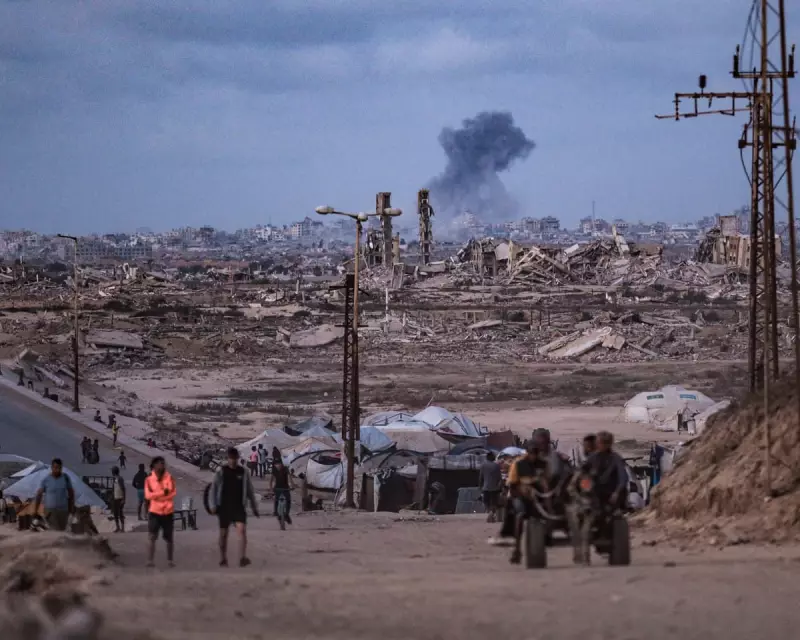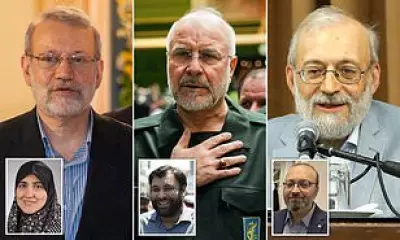
Intense diplomatic efforts are underway in Cairo as Egyptian and Qatari mediators work tirelessly to broker a ceasefire agreement between Israel and Hamas, amid growing international pressure to end the devastating conflict in Gaza.
Breakthrough Moment in Long-Standing Conflict
The latest round of negotiations represents what many observers are calling a potential turning point in the protracted Middle East crisis. Diplomatic sources indicate that both sides have shown increased flexibility on key sticking points, though significant gaps remain.
Humanitarian Concerns Take Centre Stage
Critical to the discussions are arrangements for urgent humanitarian aid delivery to Gaza's civilian population. The proposed agreement includes:
- Immediate opening of additional aid corridors
- Guarantees for safe passage of medical supplies
- Protection for humanitarian workers operating in conflict zones
- Restoration of essential services including water and electricity
International Pressure Mounts
The United States and European powers have intensified their engagement, with multiple high-level officials participating in shuttle diplomacy between regional capitals. The involvement of former President Trump's team has added an unexpected dimension to the negotiations, though their exact role remains unclear.
Prisoner Exchange Discussions Advance
One of the most sensitive aspects of the talks involves potential prisoner swaps. While details remain confidential, sources suggest progress has been made on frameworks for exchanging captives, though timing and scale continue to be contentious issues.
Regional Stability Hangs in Balance
The outcome of these negotiations carries profound implications for Middle Eastern stability. A successful agreement could pave the way for broader regional normalisation, while failure risks escalating tensions across multiple fronts.
As the talks continue behind closed doors, the international community watches anxiously, hoping that this diplomatic push might finally bring relief to a region weary of conflict and suffering.






